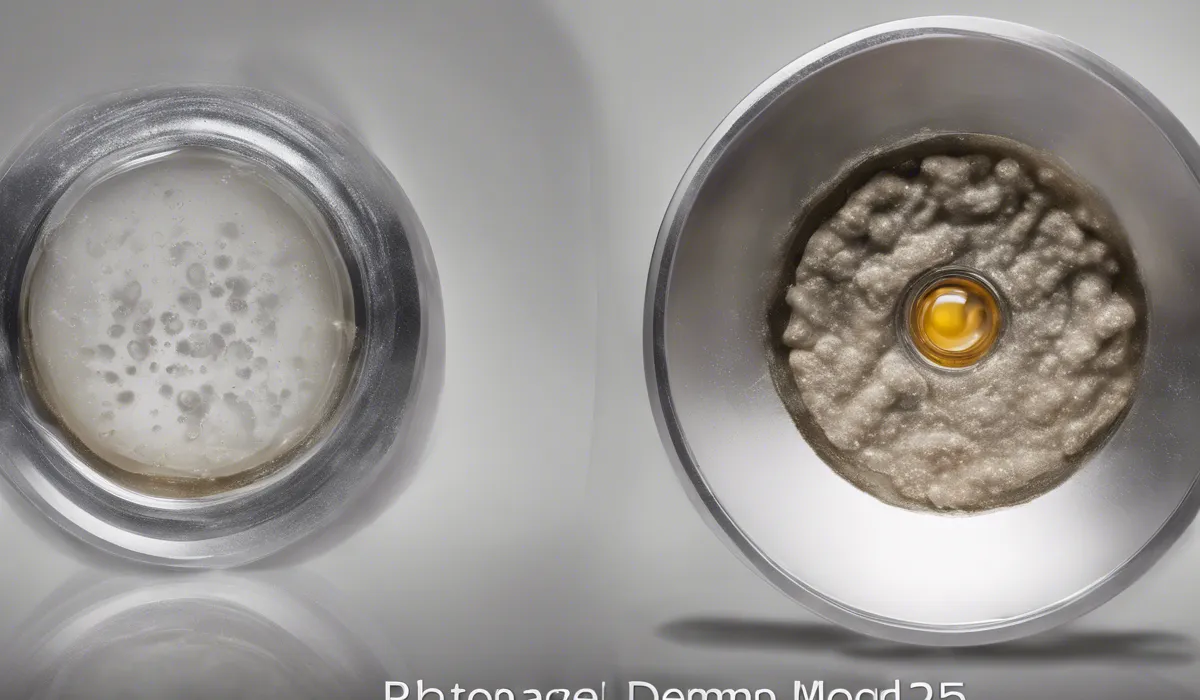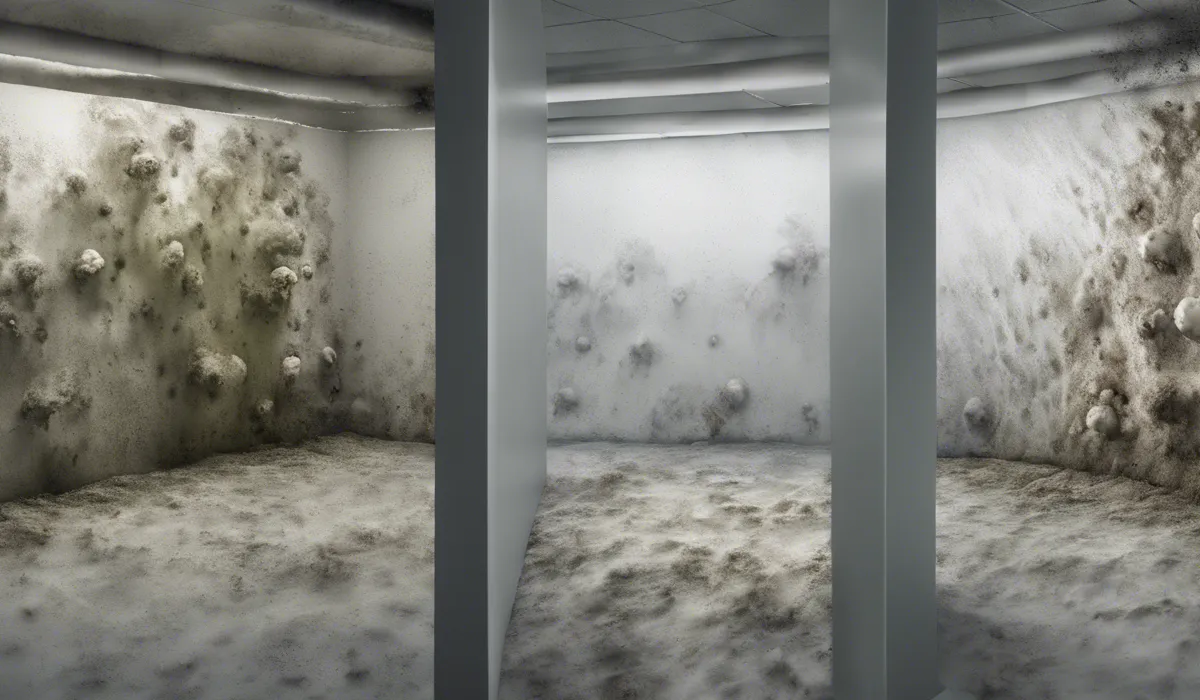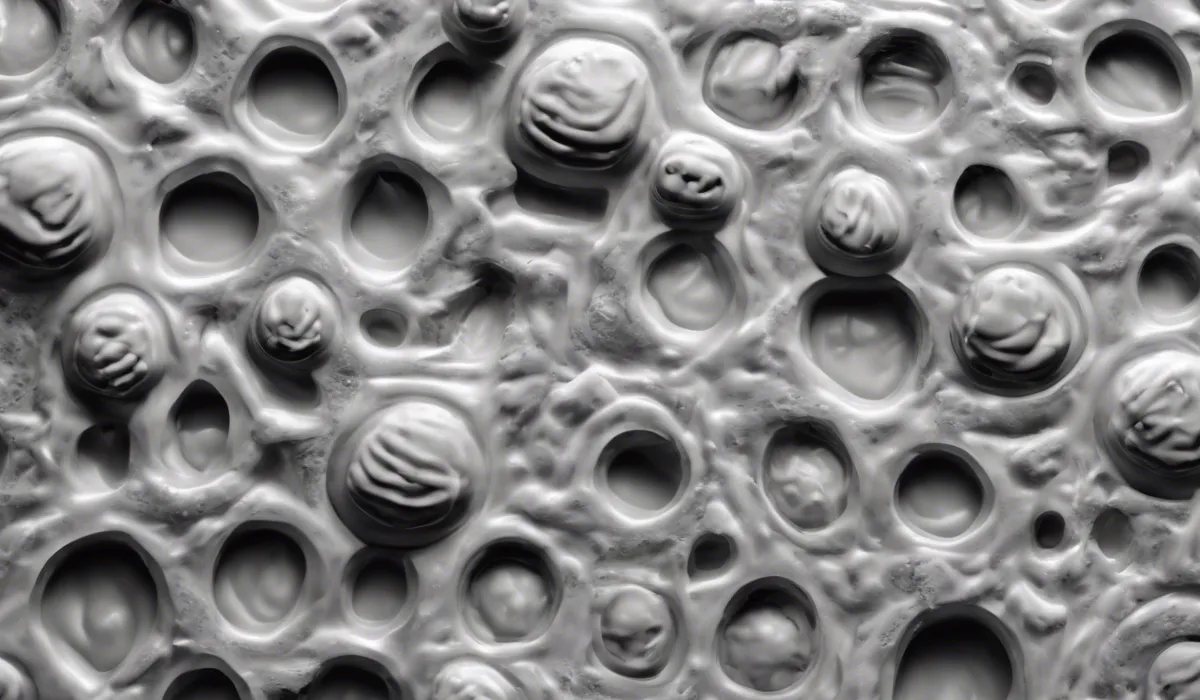Decomp mold refers to the fungi that cause decomposition in organic matter. It plays a key role in breaking down dead organisms, returning nutrients to the ecosystem. This mold is essential for soil fertility and ecological balance.
Understanding Decomp Mold: The Basics

Definition of Decomp Mold
Decomp mold is a term used to describe certain types of fungi that play a critical role in the decomposition of organic matter.
These molds are nature’s recyclers, breaking down dead plants and animals into simpler substances.
Through this process, they contribute to the cycle of life by decomposing organic material, which in turn becomes part of the soil, supporting new growth.
Biological Process of Decomposition and Mold’s Role
Decomposition is a natural process where organic materials are broken down into their base elements.
Decomp mold is a key player in this process. Molds secrete enzymes that help decompose complex organic compounds, turning them into simpler molecules that can be absorbed by the soil.
This activity is vital for the health of our ecosystems as it ensures that nutrients are cycled back into the environment.
Common Types of Mold Involved in Decomposition
There are several types of mold commonly involved in decomposition. Some of the most widespread include Aspergillus, Penicillium, and Cladosporium.
These molds are not only found in nature but can also be present in our homes and buildings, where they can decompose organic materials such as wood, food, and paper.
Where Decomp Mold is Typically Found?
Decomp mold is typically found in places where there is a lot of organic material. In nature, this includes forests, compost piles, and soil.
In urban environments, it can be found in areas with high humidity or water damage, such as basements, bathrooms, and kitchens. It is important to know where decomp mold thrives to prevent and manage its growth.
Impact of Decomp Mold on Environments and Health

Decomp Mold in Natural Ecosystems
Decomp mold has a positive impact on natural ecosystems. It helps break down dead organic matter, returning vital nutrients to the soil.
This process supports plant growth and maintains the health of forests and other ecosystems. Without decomp mold, dead material would accumulate, disrupting the balance of the environment.
Role of Decomp Mold in Nutrient Cycling
Nutrient cycling is the movement and exchange of organic and inorganic matter back into the production of living matter.
Decomp mold is essential for this process as it helps convert dead materials into nutrients that plants can use to grow.
This cycle is crucial for maintaining the fertility of the soil and the overall health of the ecosystem.
Potential Health Risks Associated with Decomp Mold
While decomp mold is beneficial to the environment, it can pose health risks to humans. Some people may have allergic reactions to mold spores, which can cause symptoms like sneezing, coughing, and itchy eyes.
In some cases, exposure to mold can lead to more serious health problems, especially for individuals with compromised immune systems or pre-existing respiratory conditions.
Decomp Mold’s Effect on Indoor Air Quality
Indoor air quality can be significantly affected by the presence of decomp mold. When mold grows indoors, it can release spores and volatile organic compounds (VOCs) into the air, which can be harmful when inhaled.
Maintaining good indoor air quality is important for the health and well-being of the occupants, and controlling decomp mold growth is a key part of this.
Managing and Preventing Decomp Mold

Best Practices for Preventing Decomp Mold in Homes and Buildings
Preventing decomp mold in homes and buildings involves controlling moisture levels. Use dehumidifiers and air conditioners to keep humidity levels low, fix leaks promptly, and ensure proper ventilation in areas like bathrooms and kitchens.
Regular cleaning and maintenance can also prevent the accumulation of organic materials that mold feeds on.
Remediation Techniques for Decomp Mold Infestations
If decomp mold has already established itself in your home or building, remediation techniques become necessary.
This can include removing contaminated materials, cleaning with mold-killing solutions, and using air filters to capture airborne spores. It’s important to address the underlying moisture problem to prevent future growth.
Importance of Moisture Control
Moisture control is crucial in managing and preventing decomp mold. Areas prone to dampness should be monitored closely, and water damage should be addressed immediately.
Proper insulation, vapor barriers, and surface treatments can also help control moisture and prevent mold growth.
Professional Services and When to Seek Help
When dealing with extensive mold growth, it’s often best to seek help from professional services.
Professionals have the tools and expertise to safely and effectively remove mold. If you have a large area of mold, have health concerns, or if the mold keeps returning, it’s time to call in the experts.
FAQs About Decomp Mold
What is decomp mold?
Decomp mold is a type of fungi responsible for the decomposition of organic materials, helping to break down dead plants and animals into simpler substances.
Why is decomp mold important to ecosystems?
Decomp mold is crucial for ecosystems because it recycles nutrients, enhances soil fertility, and maintains ecological balance by breaking down dead organic matter.
Where does decomp mold commonly exist?
Decomp mold commonly exists in environments rich in organic matter, such as forests, compost heaps, and soil containing plant debris.
How does decomp mold contribute to soil fertility?
Decomp mold breaks down complex organic materials into simpler substances, releasing nutrients like nitrogen and phosphorus that are essential for plant growth, thus enhancing soil fertility.
Can decomp mold affect human health?
While decomp mold is beneficial to the environment, some species can cause allergies or respiratory issues in sensitive individuals when present in indoor environments.
Final Thoughts
Decomp mold is the collective term for the fungi instrumental in decomposing organic matter.
These molds are vital for breaking down dead organisms and play a crucial role in nutrient cycling, enhancing soil fertility, and maintaining ecological equilibrium.
Their existence ensures that life-sustaining elements are returned to the environment, perpetuating the cycle of life.
